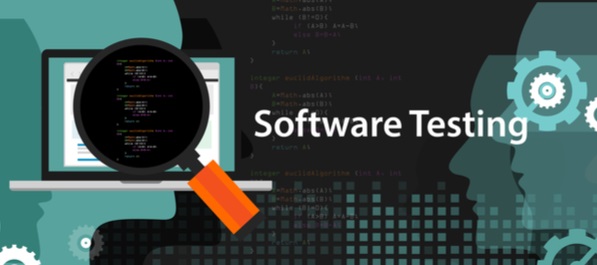Search posts by keywords:
Filter posts by author:
Related Reports
Related NEAT Reports
Other blog posts
posted on Oct 26, 2018 by Dominique Raviart

In our last testing blog on TCS in July 2018, we discussed the work TCS has conducted around UX testing and the introduction of its CX Assurance Platform (CXAP). In this blog, I look at the IP that TCS launched in mid-2018 addressing another feature of the digital world: DevOps and AI.
TCS’ Smart QE Platform is built on existing TCS IP, including:
- NETRA – automates the Dev to Ops process and includes test support services (e.g. environment management, service virtualization, and test data management)
- 360 Degree Assurance – analyzes data gathered from a range of sources (e.g. ITSM tools, configuration management tools, and database and application server logs, and defect management tools).
The Smart QE Platform integrates NETA and 360 Degree Assurance, and this integration is an acknowledgement of the fragmentation of software tools in testing. The goal of Smart QE Platform is to drive automation and bring AI capabilities to continuous testing.
New AI use cases for automating testing
AI and analytics are a priority for TCS; it has complemented its ML use cases for test suite optimization and defect prediction, and added:
- Dynamic root cause analysis of defects, incidents and log correlation
- Code path analyzer, for determining the impact of code changes on test cases. The tool initially generates a knowledge base across code components at the sever (e.g. classes, methods, and LoCs) and UI (e.g. HTML) levels, and links these components with test cases. It will, for new releases, assess the impact of new code on its repository and, as a result, on the corresponding test cases
- Smart QE maps, which assesses the maturity of an application and maps the elements for providing analytics
- QE-bots, with the intent of automating certain tasks. Initially, TCS has automated the provisioning of test environments through a chat bot.
Enhancements to existing functionality
Along with its investment in AI use cases, TCS continues to enhance the functionality of Smart QE Platform; e.g. static code analysis, continuous deployment, dashboards, and a self-service portal. These enhancements and new functionality are incremental. Examples include the impact of code change in testing data format and requirements, and monitoring the availability of test environments.
To a large extent, TCS is driving its testing IP towards more specialization and it aims to automate an ecosystem of services that fell outside of testing activities in the past. The good news is that by increasing the availability of test environments, for instance, TCS is removing several bottlenecks that were impacting testing activities.
Incremental features in future
TCS will maintain its investment in the Smart QE Platform:
- It will continue to introduce incremental changes, e.g. bringing new features for provisioning of environments. TCS is expanding the number of hosting options, e.g. on AWS and Microsoft Azure, and on private clouds based on VMware technology
- TCS is also adding features such as test environment reservation, and continues to invest in test environments through enhanced monitoring or automated health checks. Self-healing is becoming a reality, starting with specific use cases, initially in a limited manner
- In the upcoming release, TCS wants to integrate its functional testing IP (across UI, but also for API testing) into Smart QE Platform. Once this integration is done, TCS believes that it will have a very comprehensive IP.
There has been a significant change in testing IP over the last few years, with vendors aggregating IP and accelerators into platforms around a theme: DevOps or digital testing.
What is new is that, with leading providers such as TCS, AI is now becoming a reality in the automation of test services across the testing lifecycle. With developments such as these by TCS, testing is moving closer to genuinely reflecting its new name of Quality Engineering.
